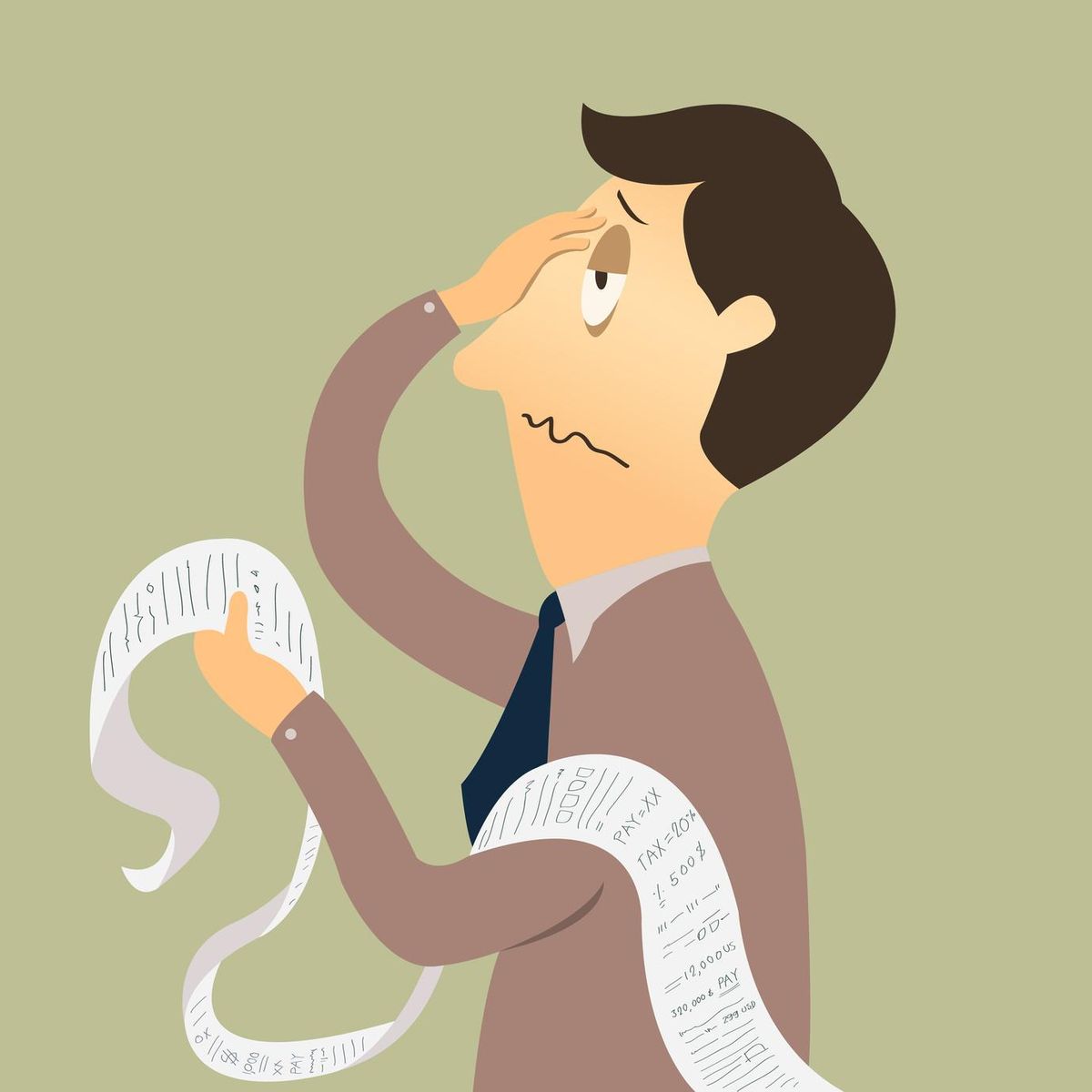
What to Do If You Can't Pay Your Bills
If you find yourself unable to pay your bills, there are several steps you can take to help avoid further financial damage. The goal is to resolve this dilemma as soon as possible, so you will not damage your financial reputation and future.
Communicate With Your Creditors
Let all your creditors know your circumstances. Communicate that you are not able to make a full payment on your debt now, but that you intend to pay them back.
Do not let too much time pass before you inform them of this temporary financial setback. If you ignore creditors, you only make matters worse by opening yourself up to late fees, interest, collection calls, and a negative mark on your credit score.
Most creditors will appreciate you being upfront about your predicament, especially if you have a good payment history.
Smaller Payments Are Better Than No Payments
Make arrangements to pay your creditors at least a partial payment of the balance due. Making smaller payments to show you are sincere is better than waiting to save enough to pay the whole amount due at once. For instance, if you owe $100.00 on a utility bill, try to pay $25.00 every two weeks rather than wait two months to pay the full amount in a lump sum.
When funds are short, you need to prioritize which debt to pay first. Pay your rent or mortgage first. Then pay essential utilities like electric, gas, and water. When buying food, use coupons and buy healthy food on sale. After these basic bills are covered, then move on to credit cards, insurance, other loans, medical bills, and other debt.
If you have a car loan and you need your car to get to work, do not fall far behind in these payments. This principle also goes for auto insurance. Fines, surcharges, and tickets are unnecessary and expensive. Drop excess coverage you may have and go with the allowable minimum insurance payment.
Once you make arrangements with your creditors, stick with the terms of the agreement. If you made an agreement to pay $10.00 per month, then pay this amount, or more, on time. If circumstances change and you cannot make the agreed payment, communicate this information to creditors immediately.
Finally, ask for your temporary adjusted payment plan in writing.
Earn Extra Money
When you are having a difficult financial time, make all efforts to emerge from this phase quickly. To speed up the process, you will need to earn more income.
Work a second or even a third job. Do extra work on the weekends or at night. Sacrifice your social life and personal time to generate additional cash flow. Some ideas include:
- Have a yard sale. If you have never had a yard sale, learn how from the Yard Sale Queen.
- Sell stuff. You can sell all kinds of things on eBay.com or on craigslist. Sell books online at Half.com, Alibris.com, or Amazon.com.
Make a Budget
Create a frugal budget and stick with it. List all your income and expenses so you know exactly what is coming in and what is going out. Cut back. Eliminate cable TV, cell phones, vacations, eating out, movies, and concerts. Do not increase your debt by borrowing more or using credit cards. Do everything you can do to avoid bankruptcy or foreclosure.
The more you sacrifice and the more quickly you get out of debt , the better off your credit score will be. When you want to take on a mortgage or refinance a mortgage, this score will matter to lenders. Visit BeingFrugal.net to learn some practical budget making tips
Seek Professional Help
Professionals can help you if your debt situation feels too out of control, but beware of predatory companies that might want to charge you high fees for creating a debt consolidation or pay-off plan.
Credit counselors can work as intermediaries with your creditors to set up a repayment schedule. Many groups are nonprofits, so you should be able to find one that is free. Look for a credit counseling organization that offers solid financial advice, education, and workshops. Make sure you understand how they work and what they will and will not do.
Debt management plans (DMP) allow you to deposit a set amount of money in an account to pay off your debts directly. Some of your debtors might agree to a lower interest rate if you have a DMP. Communicate with your debtors to make sure they are being paid the amount of money due them.
Do not take a back seat in your debt repayment schedule; remain in communication and in control.
Facing a financial problem head-on is the best approach. Many people have financial setbacks at some point in their lives, so don't beat yourself up if it happens to you. However, be sure you understand how you got into the predicament so that you can change bad habits and prevent it from happening again.
Additional Resources
"Avoiding Foreclosure," U.S. Housing and Urban Development, www.hud.gov/foreclosure
"Coping With Debt," Federal Trade Commission, https://www.consumer.ftc.gov/articles/0150-coping-debt



